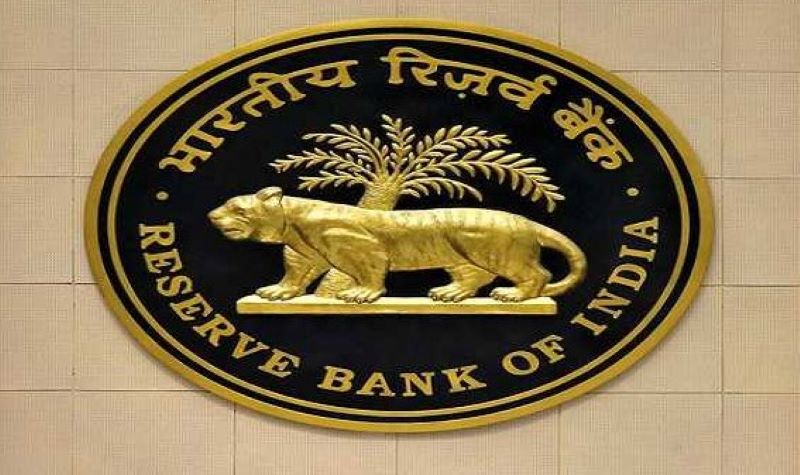
RBI prohibits lenders from investing in AIFs linked to their borrowers
Mumbai: The Reserve Bank of India (RBI) on Tuesday said that entities under its regulation, including banks, non-bank lenders, and home financiers, are prohibited from investing in alternative investment funds (AIFs) that have, either directly or indirectly, invested in companies that have borrowed funds from these lenders.
In an official statement, the RBI emphasized concerns over regulatory issues arising from specific transactions involving AIFs conducted by regulated entities.
The central bank has subsequently issued guidelines addressing investments in AIFs by entities subject to its regulatory oversight.
The RBI clarified that these transactions involve the replacement of the direct loan exposure of regulated entities to borrowers with an indirect exposure through investments in units of AIFs.
Regulated entities (REs) are prohibited from making investments in any scheme of Alternative Investment Funds (AIFs) that, either directly or indirectly, involves downstream investments in a debtor company of the respective regulated entity, as per the guidelines set by the Reserve Bank of India (RBI).
The RBI specified that if an AIF scheme, in which lenders are already investors, makes a downstream investment in any such debtor company, the lenders are required to liquidate their investment in the scheme within 30 days.
Furthermore, for lenders who have already invested in schemes with downstream investments in their debtor companies as of the date of this circular, the 30-day period for liquidation shall commence from the date of issuance of this circular, as outlined by the RBI.
The RBI stated that in the event lenders do not complete the liquidation of their investments within the stipulated 30-day period, they are required to make a 100 percent provision for such investments.
In a press release, the RBI highlighted regulatory concerns regarding certain transactions involving AIFs by regulated entities that have come to its notice and released guidelines for investments in AIFs by the lenders regulated by it.
The central bank also said that investment by REs in the subordinated units of any AIF scheme with a "priority distribution model" shall be subject to full deduction from RE’s capital funds.
Support Our Journalism
We cannot do without you.. your contribution supports unbiased journalism
IBNS is not driven by any ism- not wokeism, not racism, not skewed secularism, not hyper right-wing or left liberal ideals, nor by any hardline religious beliefs or hyper nationalism. We want to serve you good old objective news, as they are. We do not judge or preach. We let people decide for themselves. We only try to present factual and well-sourced news.







